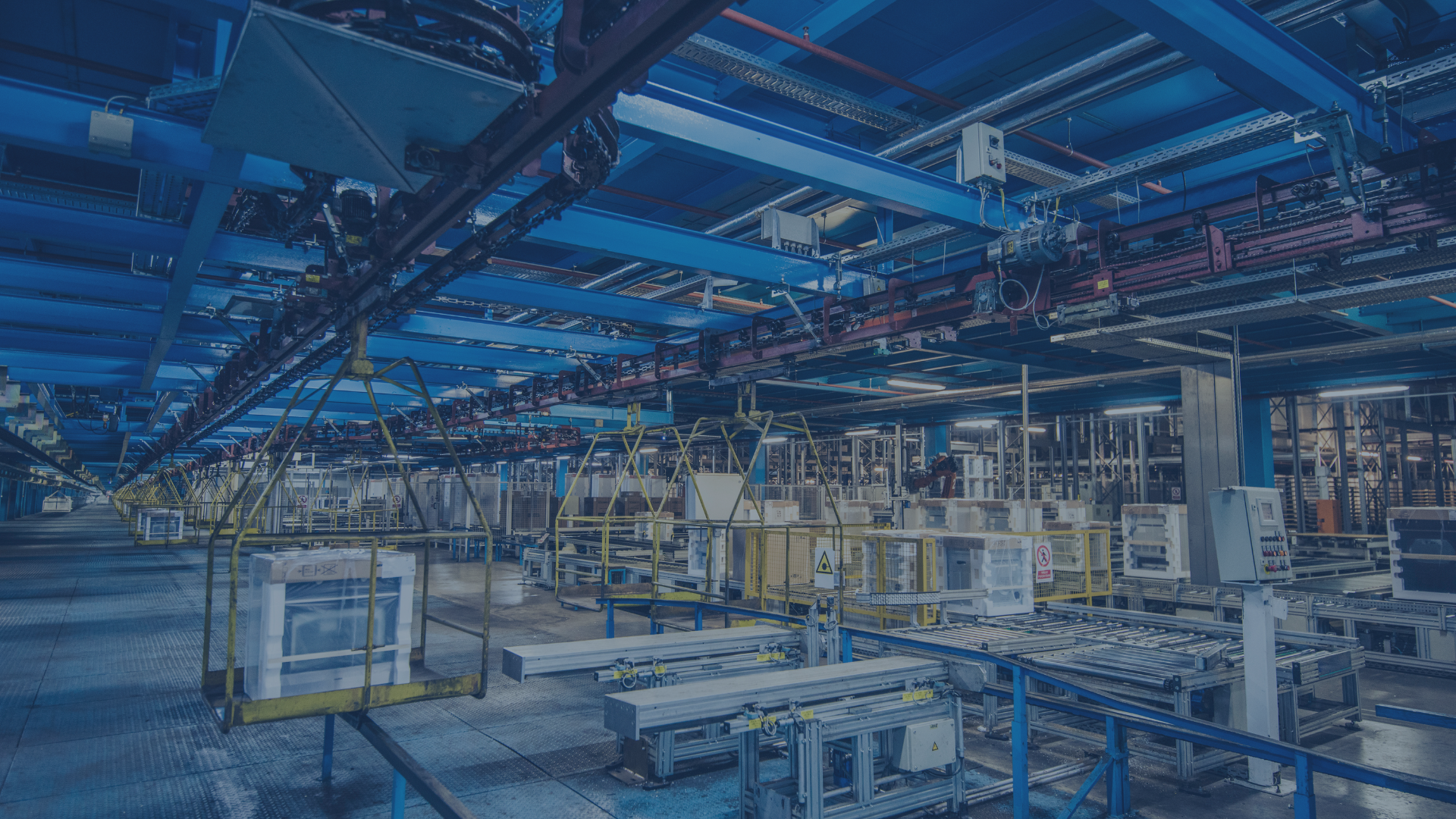
Traceability and Scalability in ERP Systems for Food Production
When evaluating ERP for food manufacturing, there are many considerations. Two factors that food manufacturers should not overlook, however, are traceability and evaluating ERP scalability for manufacturing as the business grows.
A business with less regulatory requirements might only look at areas such as ERP for supply chain and inventory management, but food manufacturers will want to take a deep look at traceability and scalability to avoid headaches down the road.
Traceability is Key with ERP for Food Manufacturing
When there is a defect or non-standard input with a toy, these deviations might not matter that much. But with food manufacturing and the Federal Food and Drug Administration (FDA) oversight that accompanies it, defects and incorrect ingredients during the manufacture of a food product can be a huge problem that requires a recall.
That’s why robust traceability functionality is so important with ERP for food manufacturing.
Specifically, food manufacturers considering a new ERP solution should look for the following functionality.
- Track and Trace Functionality. The ERP solution in question should enable a food manufacturer to track and record every step of a food product all along the supply and distribution chain. This should include batch and individual unit tracking so all manufactured food products are accounted for and can be recalled if a problem is discovered.
- Inventory Management Functionality. The use of ERP for supply chain and inventory management also is key when it comes to ensuring all food products are properly accounted for and quality standards are met. The raw inputs for manufacturing must be identifiable in the warehouse at all times to ensure proper conditions and freshness and help identify when an expired ingredient might have been used, as well as the conditions of such ingredients along the supply chain before they reach the manufacturer.
- Real-time Visibility. Tracking inputs and finished products is only useful for food manufacturers if it can be tracked and traced in real-time so the proper ingredients are used and deviations can be spotted before they reach the consumer. Real-time visibility is a must for food manufacturing.
- Compliance Audit Trails. To meet FDA requirements and prove that a food manufacturer is meeting quality standards, an ERP system also must be capable of showing a full audit trail of the ingredients and storage of these inputs that went into a given finished product, as well as the movement and storage of the finished products themselves.
Without these functions, a manufacturer is not looking at an ERP for food manufacturing.
Evaluating ERP Scalability for Manufacturing Food Products
Food manufacturers also will want to evaluate ERP scalability for the manufacturing of food products since it is easy to select an ERP for food manufacturing that meets the needs of the business today but breaks down as the company grows.
There are four key questions that food manufacturers will want to ask as they evaluate ERP for food manufacturing.
- Does the ERP Infrastructure Scale? Look at the cloud provider that the ERP software runs on, checking that it is hosted by a major cloud infrastructure provider and has wide and consistent availability and processes such as rock-solid security. Also, determine if the ERP solution is built for a small business, offers a clear and non-disruptive upgrade path, or is scalable to handle where the business is today and also where it might be in the future. Are there limits to how much the system can accommodate?
- Does the ERP Solution Support Internationalization? Food makers evaluating ERP scalability for manufacturing should make sure that the solution can support growth beyond country borders. This check should include the ability to handle different regulatory frameworks, unit and lot sizing standards, and multiple currencies at the same time. The requirements for ERP traceability in food production might vary from country to country, for instance, and data protection laws might require data to be kept in different data centers depending on the customer.
- Does the ERP Solution Have Adaptability? Needs change as a food manufacturer grows, so is the ERP solution flexible enough to accommodate business models and workforce expansion? Can it plug into the latest technological advances such as artificial intelligence and innovations that have yet to be developed, and does it make third-party integration easy with a number of different ways to connect and integrate with outside solutions?
- Does the ERP Vendor Look Ahead to the Future? Growing food businesses look ahead, and they need an ERP vendor that also looks ahead. Does the vendor evolve and incorporate the latest technological advances? Does the ERP vendor evolve its business practices over time to meet the changing needs of business?
Running a food manufacturing business is hard enough. Don’t make it harder by skipping evaluating ERP scalability for manufacturing during the selection process. Not looking ahead will create significant headaches later as the business grows.
Prepackaged ERP for Food Manufacturing Helps
Just as prepackaged food makes preparing dinner an easier activity, so too does a prepackaged ERP for food manufacturing help with putting the right ERP system in place.
Instead of setting up and configuring an ERP from scratch, a prepackaged ERP solution enables a food manufacturing business to roll out the system fast and at less cost. It helps ensure that the solution comes with the necessary traceability functionality needed for food manufacturing—including ERP for supply chain and inventory management—and it eliminates the need for evaluating ERP scalability for manufacturing because the prepackaged solution is built with growth in mind.
Learn more about our prepackaged ERP for food manufacturing, or contact one of our experienced ERP consultants who can answer specific questions about the needs of your business.

